I am old enough to remember the joy of Nigerians when we hosted and won the 1980 African Cup of Nations. I also remember my indignation that most of my classmates at Shamsudeen Islamic Primary school, Ojuelegba, Lagos seemed unaware of the tournament even – I did not realise that my football love was not universal for my age at the time.
The love affair with the sport only got deeper as I got older. There is no better feeling in football for me than when the senior national team wins a tournament. Indescribable. Really. Unfortunately it is not a feeling I have experienced a lot – only 2 more have followed that 1980 triumph.
I have nothing but the utmost respect for every man who has worn the senior national team shirt even if only once. I make it a point to tell as many ex internationals as I come in contact with this. Conversely, I treat every Nigerian football administrator with deep suspicion. Especially all that have come in since the days of late Patrick Okpomo and Tony Ikhazobor. Those two men were dedicated to the job of making our football and our national team great. I am certain they made mistakes but from their utterances and visible actions I loved them.
In the last 10 years I have been able to observe at closer quarters the workings of Nigeria’s football administrators which have made my suspicions even deeper. Scratch that; I have been angry with all of them. It is ridiculous the system that throws up many of the folks who masquerade as NFF Board members. For as long as I can remember Nigerian football administrators have somehow always considered themselves more important than the footballers and the national coaches. Heck, they even think they are more important than the sport. Worse, they seem to even consider the sport an irrelevance.
Advertisement
In 2009 I sat with former Super Eagles coach Clemens Westerhof for over an hour in an interview and one his biggest was “the NFA. They would collect money from the govt but by the time it got to my team half of the money will be gone” the Dutch man said. That in a nutshell is repeated throughout by all who have managed Nigeria after him. Westerhof was lucky he was not owed salaries. Bonfere Jo who eventually replaced him said “I was owed salaries going into the Olympics of ‘96 so days before the semi-final against Brazil I asked for all my money or I will fly home” he told me when we sat down at Schiphol airport, Amsterdam. “they paid me all I was owed in cash. A day before the match” he says with a mischievous smile.
It is in Nigeria that the Federation will expect the national team coaches and players to be grateful that they got paid. It is in Nigeria that you hear of the coaches going months and some even years without salaries. When these coaches complain to the press they are shouted down and accused of insolence. The U23 coach Samson Siasia a recent victim.
In November of 2013, Stephen Keshi then Super Eagles coach and his crew were owed 6 months’ salaries. When I finished an interview with him he informed me that the U17s were owed for longer. He however said that he wished that they should pay the salaries of Manu Garba and his crew even if it will delay his “”because they are going to a tournament and it is vital that morale is high”. Never mind that Keshi and his team had a vital 2014 World Cup qualifier Vs Ethiopia at the time.
Advertisement
Over the last 2 weeks I have been sending series of tweets on my twitter handle on the state of Nigerian football with regards to administration and the systemic failings affecting our football. I was pulled up though by one follower who accused me of being irresponsible expecting that football can be better run when the larger Nigerian society is chaotic in terms of public service. Part of my replies included that with the right people, football could be a beacon for the larger society.
I once spoke to former NFA Board member and now Commissioner for sports in Anambra state Tony Nnachetta and he said that part of the problem they had in 1990s was that the level of understanding of the Administrators was not able to meet the standards that Nigerian internationals who were now based abroad were used to. So conflict became normal. “these players expected to have good facilities and be paid as at when due and the exact amount too. While the administrators were busy thinking that it was national service”. Not much seems to have changed in over 20 years then!
In Brasilia a day after Nigeria had been knocked out by France at the world cup I sat with Keshi for an exclusive interview where he outlined a lot of things that have frustrated him in the job and why he had to quit. Some of the things he mentioned included “a chronic lack of training materials. How can a country as big as Nigeria not have a training centre for the national team to use?” according to Keshi “Daniel (Amokachi) and I have spent our money many times to buy some of the things we need for training the players. The Abuja stadium pitch is horrible and risks injuring players so we never want to train there”.
Please stay with me dear reader. On February 10th 2013 Nigeria won the AFCON in South Africa. In many other countries that will be a foundation stone to which future successes will be built on. Especially so as the core of the team was very young and should give a minimum of another 10 years service. For Nigeria though, it was the start of a series of bickering and in fighting that culminated in the team not being able to defend the tournament 18 months later.
Advertisement
There are many people who have been on the NFF Board for so long that it has become extremely important that the laws of the NFF need to be reviewed. Recent happenings at FIFA and other continental football bodies have shown up that transparency and accountability are not their strongest suits. Government still funds Nigerian football therefore government needs to intervene now and review the law that established the NFF.
It is so sad that the Nigerian football fan is more interested in blaming coaches and players for results on the pitch but are quick to dismiss the inadequacy of the Federation with “that is how we have always been so please get on with it or get lost”. That is the mindset that has caused our public officers not to think they have a responsibility to the people. So you realise what Nigeria is expected to compete against in the world: Germany built their own resort for their players in Brazil going into the last world cup. Before arriving Brazil, they had a company create a software that allowed the technical crew send videos to their players with analysis on opponents to their phones. To top it up, they spent €1m to get an invention that players trained on daily to improve on their technique and fine tune actions in match situations. One of the many things simulated in that equipment was exactly what Mario Gotze used to score the winning goal in the World Cup final in Brazil.
Those examples above from Germany tells that success is not accidental. Or, you can’t expect success that you have not planned and invested time and money in. The Nigerian football fan needs to start making demands on the NFF. The final product we see on the pitch is just the illness. The symptoms are off the pitch in the inadequate hands and minds of the NFF Board members.
I will give two examples of how they affect output on the pitch. In 2013 after winning the AFCON the Super Eagles first match was a vital WC qualifier Vs Kenya in Calabar. That match was overshadowed by the team going to visit the state governor “thank him for the support during the previous qualifiers leading to the AFCON win”. As I saw pictures of the visit I worried that the match was going to be difficult as concentration levels will be poor. It took a late equaliser from Nnamdi Oduamadi to rescue a point for Nigeria! The NFF members did not realise that the team needed to be switched on till after the match.
Advertisement
Exactly a year later and in the same Calabar. This time AFCON qualifiers. There was infighting in the NFF with two factions battling who was in control – the match with Congo did not matter. This time there was no last minute drama to save Nigeria as the team lost 3-2. That defeat contributed greatly to Nigeria not defending the AFCON trophy despite a spirited rally later in the group. It has always saddened me to note that the vast majority of those I have read and listened to did not think that the NFF disharmony at the time played a huge part in our not qualifying. It also shows how many people do not even put planning and proper preparations side by side with success or failure.
In subsequent pieces I will try and put down what I hope we can do to make sustained progress for our national game.
Advertisement
You can follow me @calvinemeka
Please feel free to leave us your thoughts too.
Advertisement
1 comments

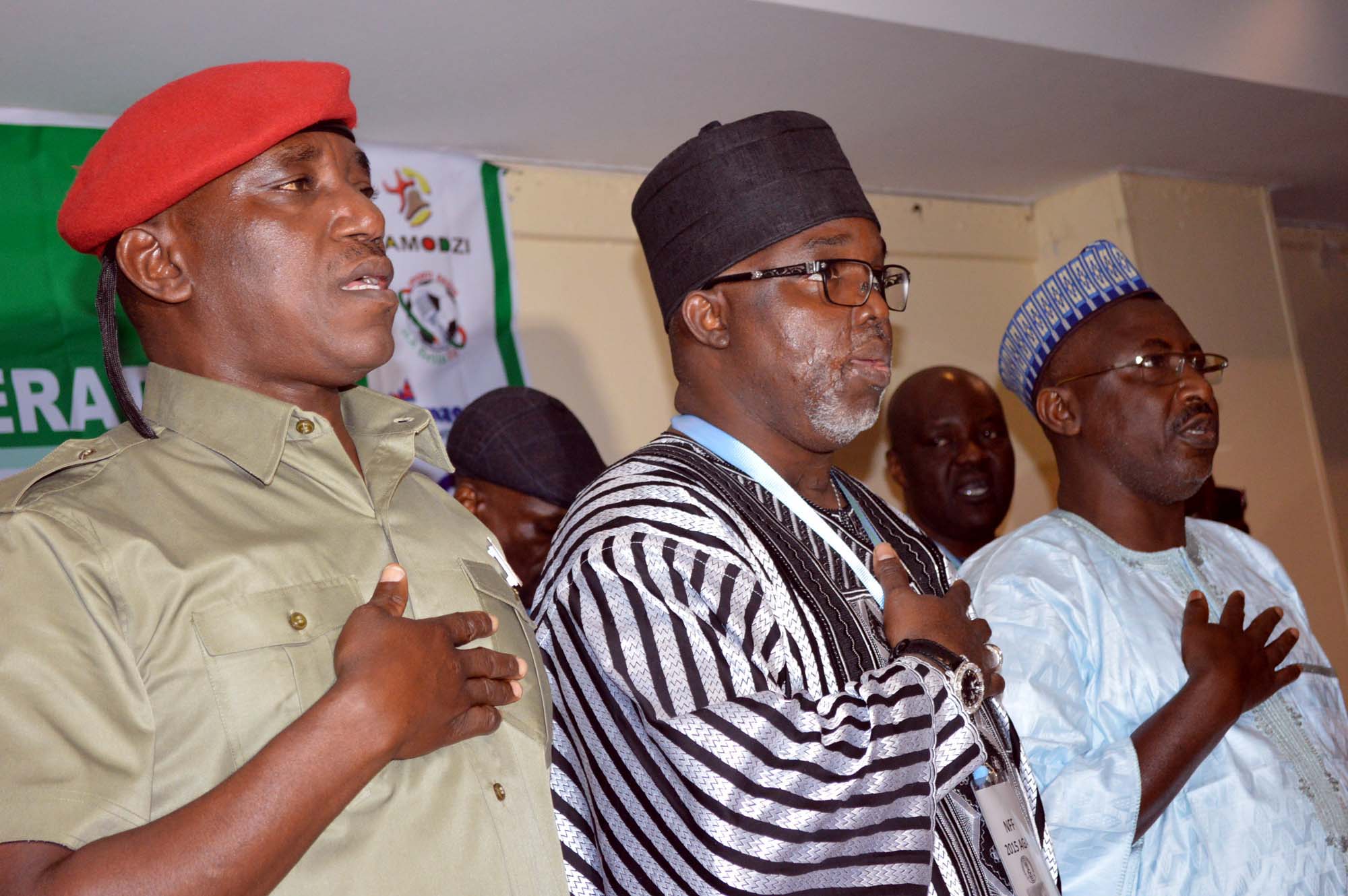
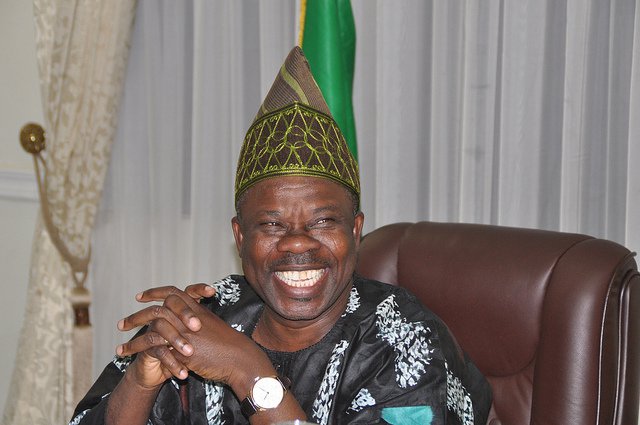
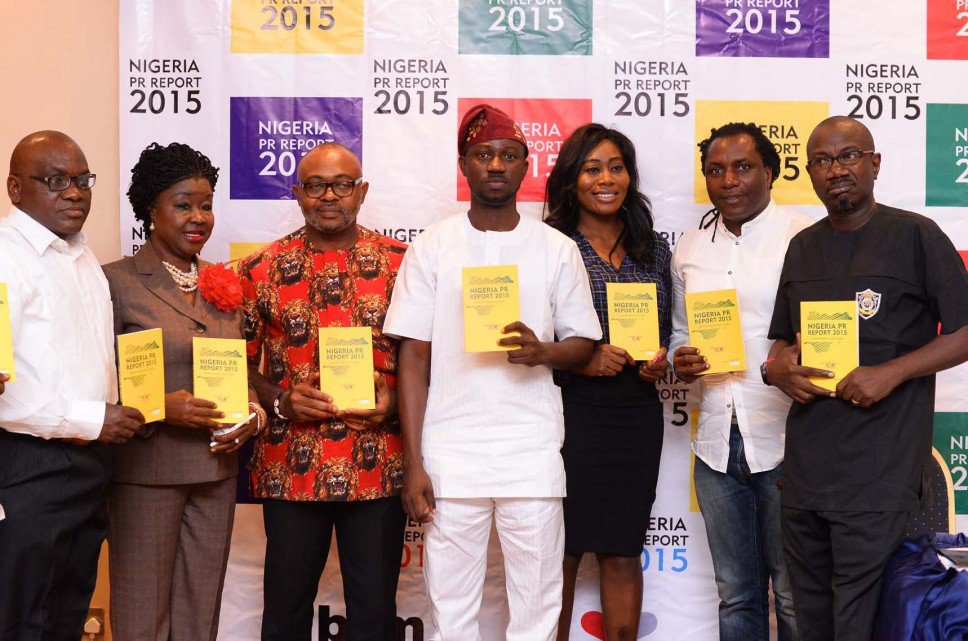
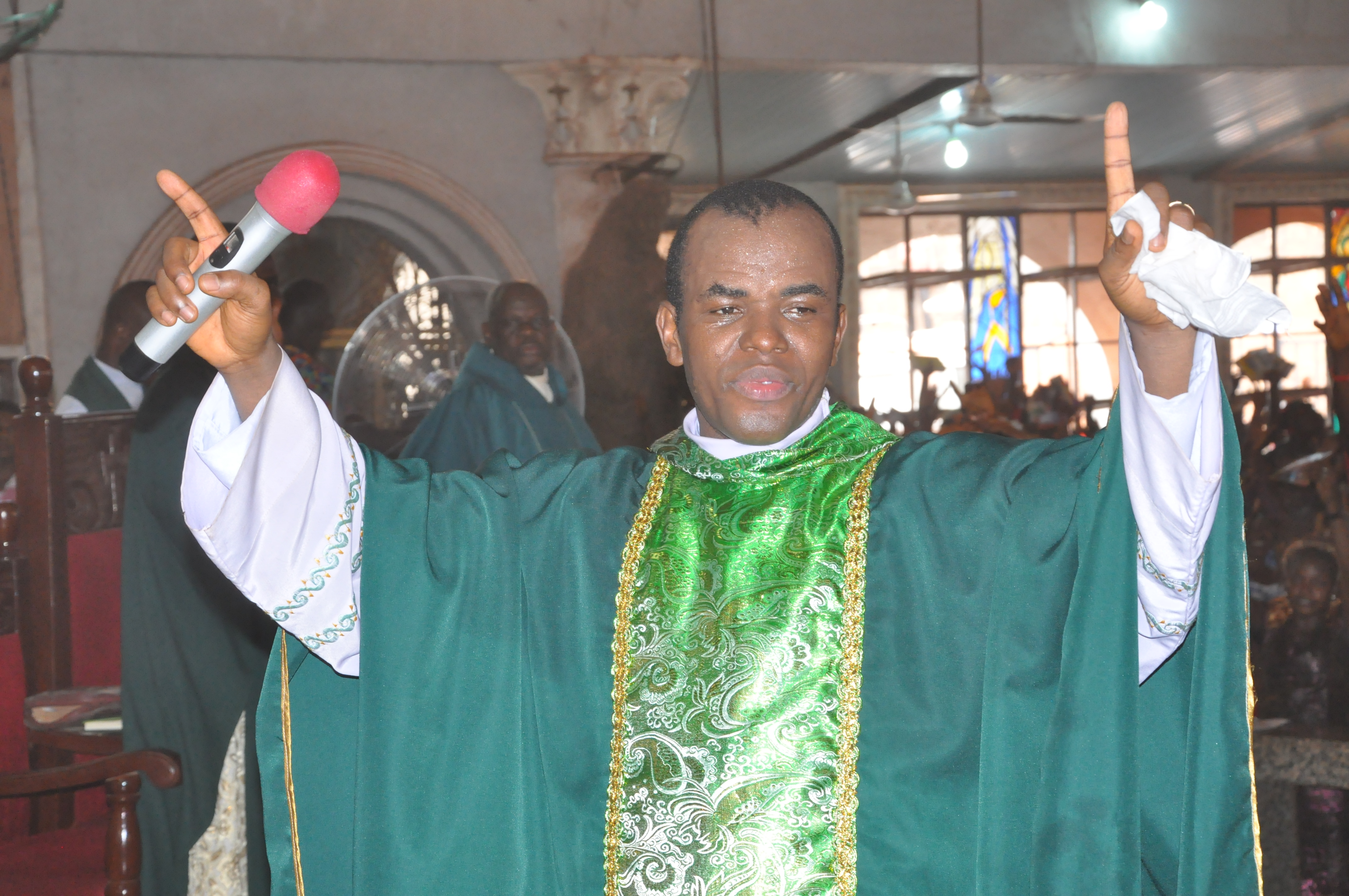
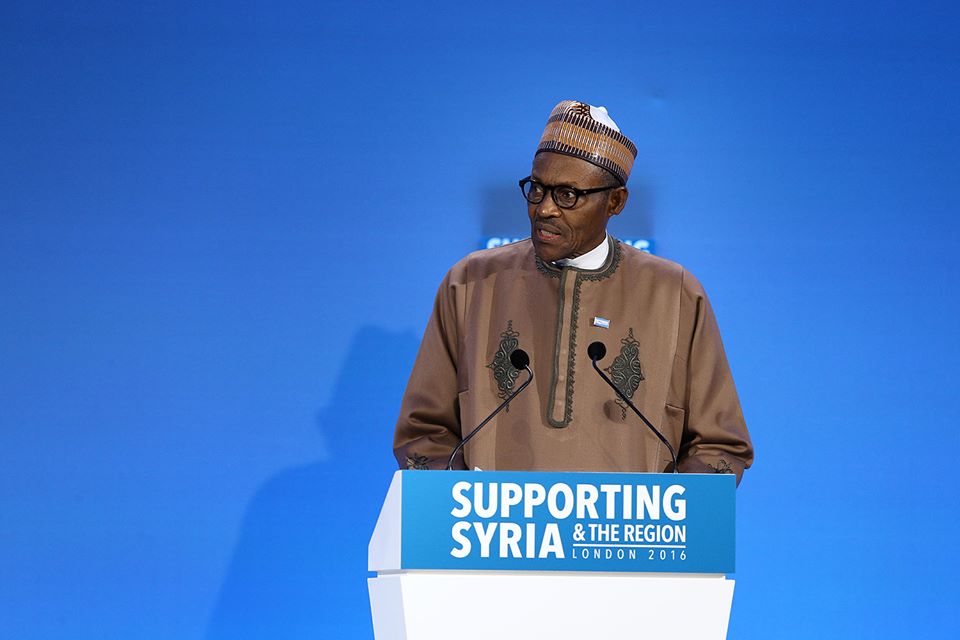
Spot on,remember Nigeria vs Denmark and all that went on bf the match,nig vs Senegal @mali,confed cup in Brazil,Nigeria vs bukina Faso in lagos bf 92 nations cup,our under 17 got disqualified cos someone forgot their passport in Lagos for a match that was being played in Ibadan,I can go on and on,if the traffic laws that we have are the ones that were made in 1979,I wonder when we can get around changing the laws that govern football,the national assembly is culpable and this is borne out of the fact that a lot of law makers get elected under the umbrella of a presidential ticket cos the elections into senate and house of rep is done on same day as the presidential,so a whole lot of them just flew under the radar and they go there to continue sneaking around doing nothing and there are no mid term elections cos their tenure is same as the president, we should be allowed to have a day separate to choose our law makers so that at least 40% intelligence into that all important house that is supposed to make laws that will make us all more comfortable and change all facets of our life in nigeria